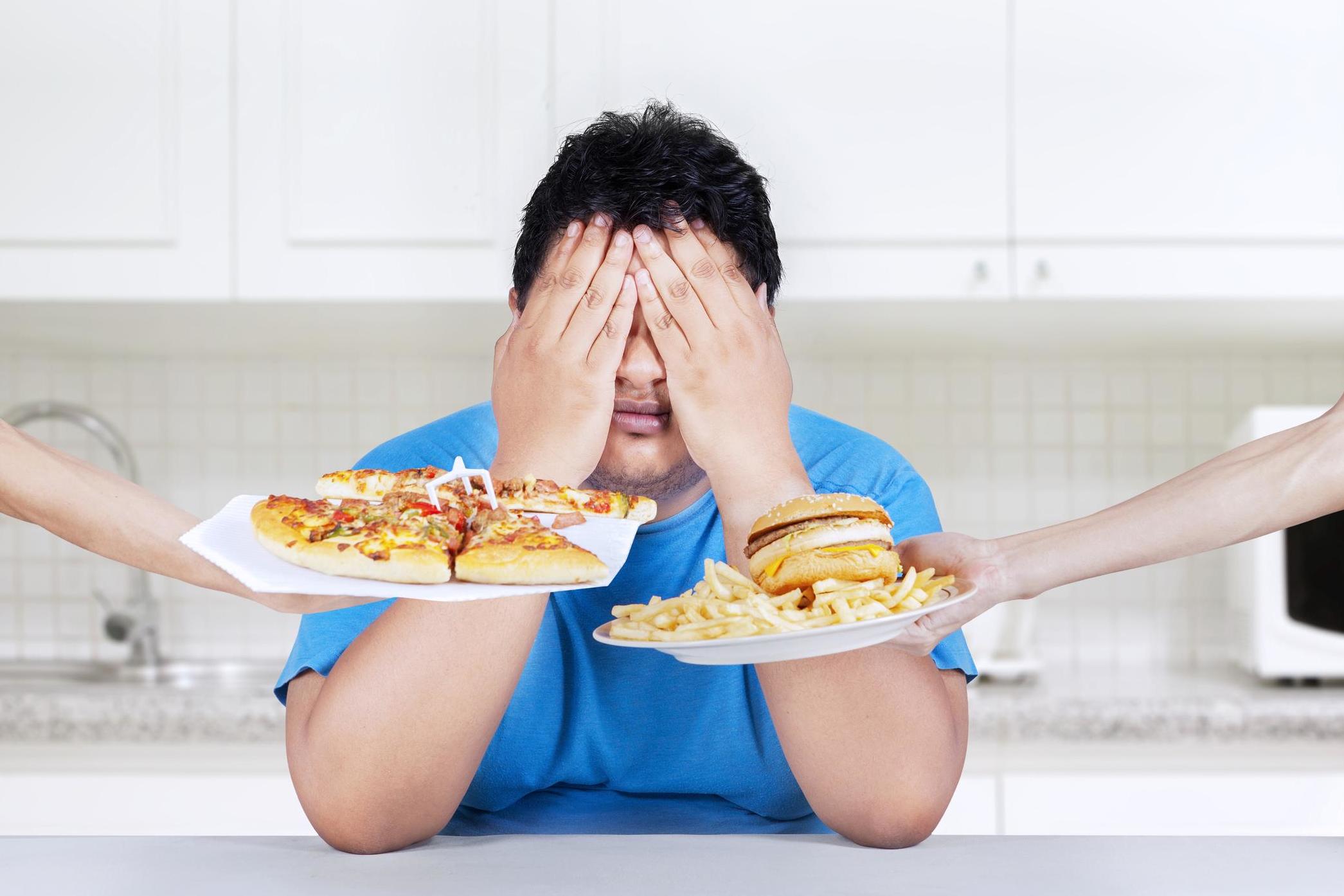What is a ‘food pusher’ and how should you respond to them?
How to cope with being guilt-tripped into eating foods you don’t want

Your support helps us to tell the story
From reproductive rights to climate change to Big Tech, The Independent is on the ground when the story is developing. Whether it's investigating the financials of Elon Musk's pro-Trump PAC or producing our latest documentary, 'The A Word', which shines a light on the American women fighting for reproductive rights, we know how important it is to parse out the facts from the messaging.
At such a critical moment in US history, we need reporters on the ground. Your donation allows us to keep sending journalists to speak to both sides of the story.
The Independent is trusted by Americans across the entire political spectrum. And unlike many other quality news outlets, we choose not to lock Americans out of our reporting and analysis with paywalls. We believe quality journalism should be available to everyone, paid for by those who can afford it.
Your support makes all the difference.Even if you’ve never heard of the term, the irksome behaviour of a “food pusher” is bound to be familiar.
They’re the family members who insist you have “one more bite” of their homemade apple pie when you’ve already had two slices; they’re the colleagues who roll their eyes when you turn down a slice of birthday cake; they're the snarky pals who lambaste you for not finishing all of your french fries.
Essentially, they’re the vexatious guilt-tripping voices urging you to indulge in treats you don't want, one complimentary office doughnut at a time.
This behaviour can be particularly frustrating for those making conscious efforts to avoid indulgent foods i.e. imagine coming home from a gruelling workout and subsequently declining a piece of your roommate’s freshly-made cheesecake, only to be mocked and made to feel sub-par for making a healthy choice.
So, how do you deal with a food pusher and get them off your case?
According to advice columnist Carolyn Hax, it boils down to simply holding your ground by responding to the bizarre guilt-tripping one more with a few blunt declinatory phrases.
Writing in response to an anonymous reader - identifying as “Dieter” - on The Washington Post, Hax describes food pushing as incredibly unkind.
Food pushers have been a perennial problem for Dieter, who explains they have spent the last year making efforts to lose weight and be a little healthier.
“While I will still occasionally indulge in a dessert or satisfy a craving for pizza, I typically decline such foods and even invitations to meals out at restaurants where I can’t find anything within my calorie allotment,” they write.
When they started losing weight, Dieter reveals friends and family were incredibly encouraging and supportive. However, now that they’ve lost 50 pounds, they explain they keep getting persuaded to eat indulgent foods.
“I haven’t been able to make any progress in months, because I keep getting guilt-tripped that I can ‘afford the calories’ and ‘one meal won’t set me back,’” they write.
While Dieter admits this logic might be true, when such “splurges” occur three or four times a week, it obviously adds up.
Hax explains that occasionally food pushers act out of jealousy i.e. they envy the fact that someone has the willpower to decline the treats they wish they themselves could too.
Hence, they may misinterpret your polite declination as boastful.
“Your best spot-removers are a few quick, preformed phrases,” she says.
“No, thank you” is an ace, especially on a loop."
Other useful phrases she advises using are “You’re not helping” or “‘No’ is not a code for ‘yes’.”
“Once stated, do not entertain conversation about your food choices,” Hax adds, “because that’s your prerogative and doing otherwise is not good for you.”
Join our commenting forum
Join thought-provoking conversations, follow other Independent readers and see their replies
Comments